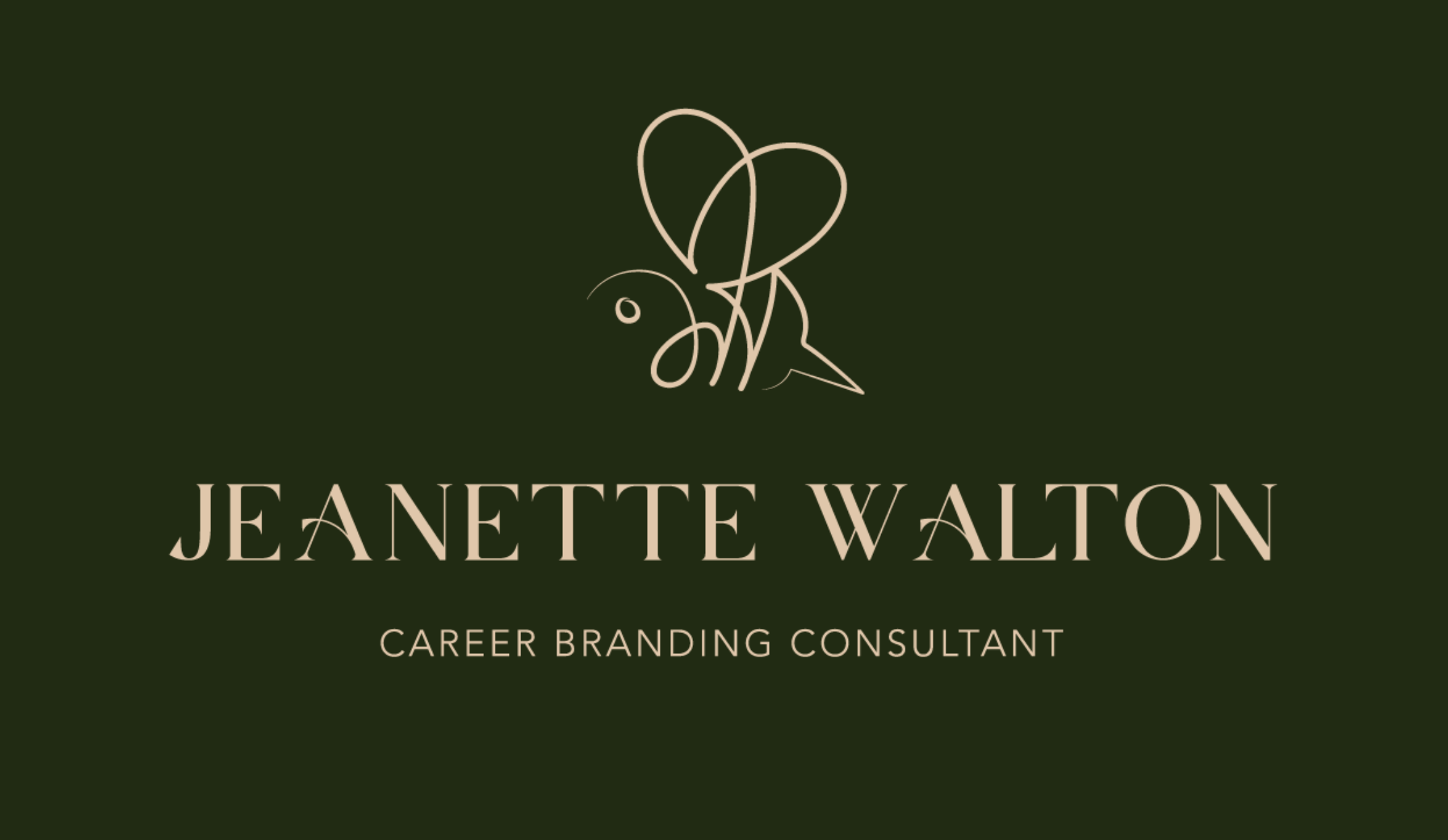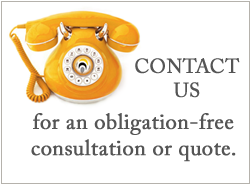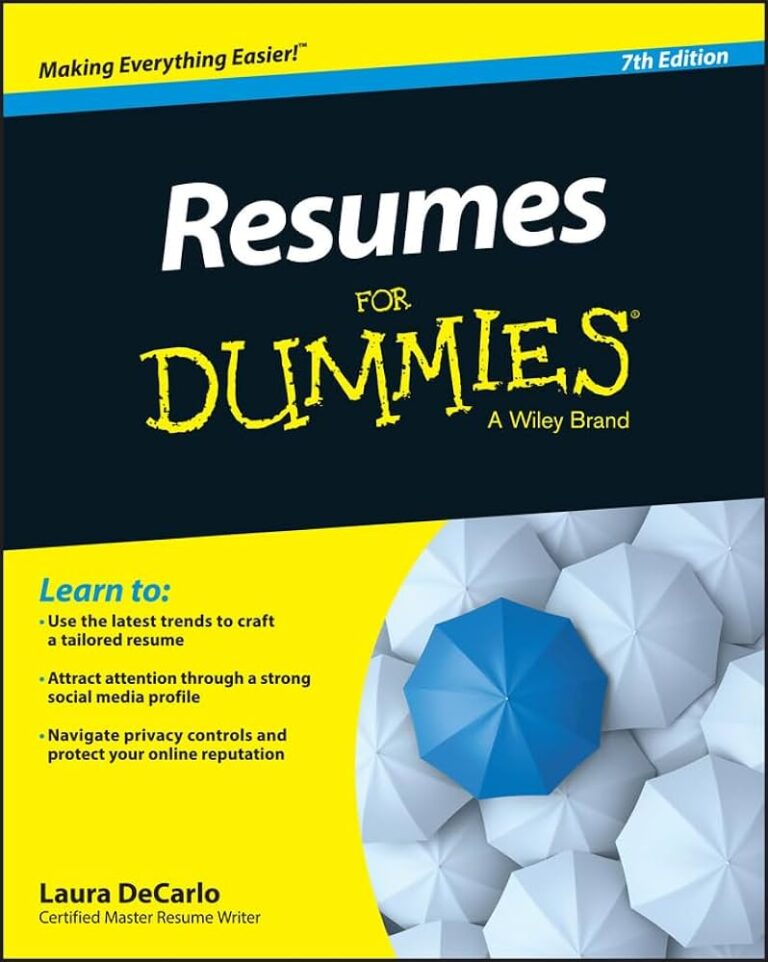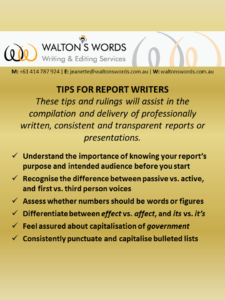
While investing in a professionally written resume (and cover letter) is a significant stride in career advancement, this is only where the journey begins. In addition to correctly submitting your career-selling documents to recruiters, there are further steps in the job seeking process you need to prepare yourself for.
So now you’ve submitted your job application documents, the next key step towards winning that role is to both mentally and physically prepare yourself for when the recruiter calls. From prepping yourself for that initial contact to conducting online research, the following four steps will help ensure you appear as professional in person as you do on paper.
- Be ready for more traditional phone calls
 Even though you’ve submitted your application online, the recruiter is highly likely to first touch base via the telephone. It’s the communication channel deemed most useful for assessing prospective employees’ communication skills and general attitude – despite our technological advancements. In addition to the research recommendations listed below, always keep a copy of your resume and the relevant job ad, as well as a notepad near the phone.
Even though you’ve submitted your application online, the recruiter is highly likely to first touch base via the telephone. It’s the communication channel deemed most useful for assessing prospective employees’ communication skills and general attitude – despite our technological advancements. In addition to the research recommendations listed below, always keep a copy of your resume and the relevant job ad, as well as a notepad near the phone.
- Research, research, research
 Take the time to examine your target company’s background and branding messages – it will impress. Try and get a feel for what they stand for and what they’re aiming for, and align your potential replies to questions such as why you’d like to work there. Also continue to align with the job description you’ve already customised your resume and cover letter too – you’re also going to be asked position-specific questions.
Take the time to examine your target company’s background and branding messages – it will impress. Try and get a feel for what they stand for and what they’re aiming for, and align your potential replies to questions such as why you’d like to work there. Also continue to align with the job description you’ve already customised your resume and cover letter too – you’re also going to be asked position-specific questions.
- Consider what you’d like to ask them
 The interview process is also an opportunity for you to decipher whether this role and this employer is definitely for you. Consider questions that’ll help you to decide, such as how the company helps its employees professionally develop. Most employers prefer staff that are proactive and use their initiative – and aren’t afraid to ask – but avoid conveying any sense of self-importance or arrogance.
The interview process is also an opportunity for you to decipher whether this role and this employer is definitely for you. Consider questions that’ll help you to decide, such as how the company helps its employees professionally develop. Most employers prefer staff that are proactive and use their initiative – and aren’t afraid to ask – but avoid conveying any sense of self-importance or arrogance.
- Keep your references up-to-date
 As I noted in an earlier blog, even though referees are rarely included in resumes, they’re going to be asked for further down the recruitment track. When you’re on a job seeking mission, ensure your list of references’ contact details are correct and are those most job relevant. Also consider forewarning your references that there may be some contact from recruiters.
As I noted in an earlier blog, even though referees are rarely included in resumes, they’re going to be asked for further down the recruitment track. When you’re on a job seeking mission, ensure your list of references’ contact details are correct and are those most job relevant. Also consider forewarning your references that there may be some contact from recruiters.
Complying with these four stages of job attainment – after submitting your professionally written resume and cover letter – is going to prove beneficial to your career advancement. The more you prepare and do your research, the more confident you’re going to feel when you make it through to interview stage. Walton’s Words can assist in creating career-selling documentation, and can also provide further tips and guidance on the subsequent interview stages. Give us a call or drop us a line if you’d like to discuss further.



